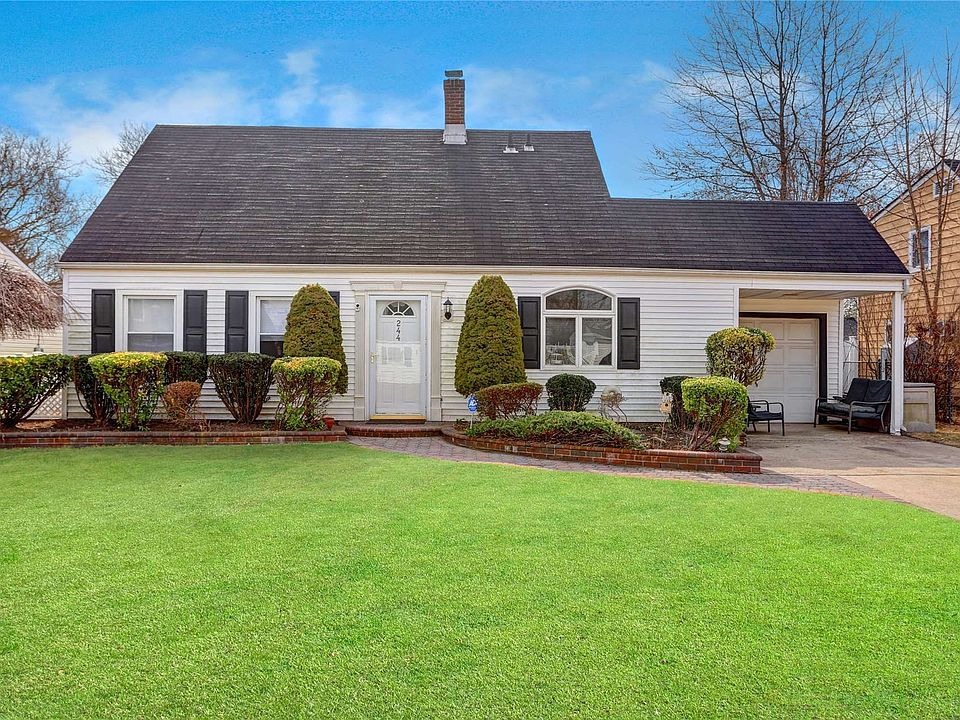Community Gardens in Promoting Sustainability in Ajman
Introduction:
In the bustling city of Ajman, amidst the urban landscape and modern developments, lies a growing movement towards sustainability. As communities seek ways to reduce their ecological footprint and enhance their quality of life, the concept of community gardens has emerged as a beacon of hope. These green oases not only offer a space for residents to connect with nature but also play a vital role in promoting environmental stewardship and fostering a sense of community. In this article, we delve into the significance of community gardens in Ajman’s neighborhoods, particularly in its villas and townhouse for sale in Ajman, and explore how they contribute to the city’s journey towards sustainability.
The Rise of Community Gardens:
Community gardens have a rich history dating back centuries, serving as spaces where individuals come together to cultivate fruits, vegetables, and flowers for personal consumption and community benefit. In Ajman, the concept of community gardening has gained momentum in recent years, driven by a growing awareness of environmental issues and a desire to create more vibrant, livable neighborhoods.
One of the key drivers behind the rise of community gardens in Ajman is the increasing recognition of the benefits they offer. These include:
- Environmental Sustainability: Community gardens promote biodiversity, reduce carbon emissions, and mitigate the urban heat island effect by adding green spaces to the cityscape. They also encourage organic gardening practices, minimizing the use of harmful pesticides and fertilizers.
- Food Security: In a world where food insecurity is a pressing concern, community gardens offer a sustainable solution. By growing their own fruits and vegetables, residents can access fresh, nutritious produce right in their neighborhoods, reducing reliance on imported goods and supporting local agriculture.
- Social Cohesion: Community gardens serve as gathering places where residents from diverse backgrounds can come together, share knowledge, and forge meaningful connections. These spaces foster a sense of belonging and solidarity, breaking down social barriers and strengthening community bonds.
Community Gardens in Ajman’s Villas:
Ajman’s villas, characterized by spacious layouts and private gardens, provide an ideal setting for community gardening initiatives. Residents have ample space to cultivate their own plots while also participating in shared gardening projects. Community gardens in villa communities offer numerous benefits:
- Health and Wellness: Gardening is not only good for the environment but also for personal well-being. Tending to a garden promotes physical activity, reduces stress, and enhances mental health. In villa communities, residents can enjoy these benefits right outside their doorstep, fostering a healthier lifestyle for themselves and their families.
- Educational Opportunities: Community gardens provide valuable learning experiences for residents of all ages. Children can learn about plant life cycles, sustainable agriculture, and environmental conservation through hands-on activities in the garden. Adults can participate in workshops and seminars on topics such as organic gardening, composting, and water conservation, empowering them to adopt more sustainable practices in their daily lives.
- Sense of Ownership: In villa communities, residents often take great pride in their homes and surroundings. By actively participating in community gardening efforts, they develop a sense of ownership and responsibility for the shared spaces within their neighborhood. This sense of pride fosters a culture of stewardship, leading to the long-term sustainability of community garden projects.
Community Gardens in Ajman’s Townhouses:
While townhouses in Ajman may have more limited outdoor space compared to villas, they still present opportunities for community gardening initiatives. Rooftop gardens, vertical gardens, and shared courtyard spaces can be transformed into vibrant green spaces that benefit residents and the environment alike. Community gardens in townhouse communities offer unique advantages:
- Vertical Gardening: In townhouse communities where outdoor space is limited, vertical gardening techniques can maximize the use of available space. Residents can install vertical planters, trellises, and hanging baskets to grow herbs, vegetables, and flowers vertically, creating a lush green oasis in even the smallest of spaces.
- Rooftop Gardens: Rooftops offer untapped potential for community gardening in townhouse communities. By converting rooftop spaces into gardens, residents can utilize unused areas to grow food, improve air quality, and reduce urban heat buildup. Rooftop gardens also provide opportunities for rainwater harvesting and solar panel installation, further enhancing their sustainability credentials.
- Community Engagement: In townhouse communities, where residents often live in closer proximity to one another, community gardens can serve as focal points for social interaction and engagement. Shared courtyard spaces can be transformed into community gardens where residents can come together to garden, socialize, and celebrate shared accomplishments. These spaces promote a sense of unity and cooperation, strengthening the fabric of the community.
Conclusion:
In Ajman villas journey towards sustainability, community gardens emerge as powerful catalysts for positive change. Whether nestled within villa communities or integrated into townhouse developments, these green spaces have the potential to transform neighborhoods, promote environmental stewardship, and foster vibrant, resilient communities. By embracing the principles of sustainability and collective action, residents of Ajman can sow the seeds of a greener, more equitable future for generations to come.







